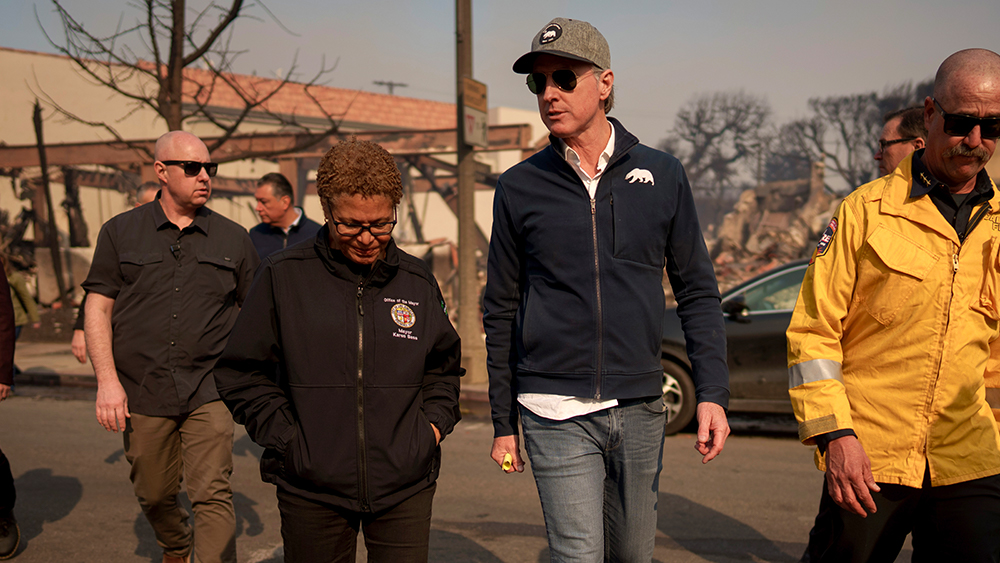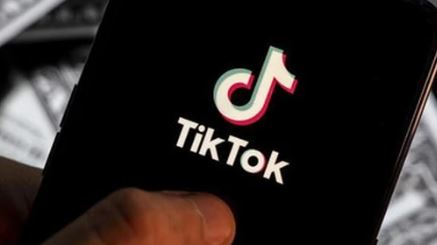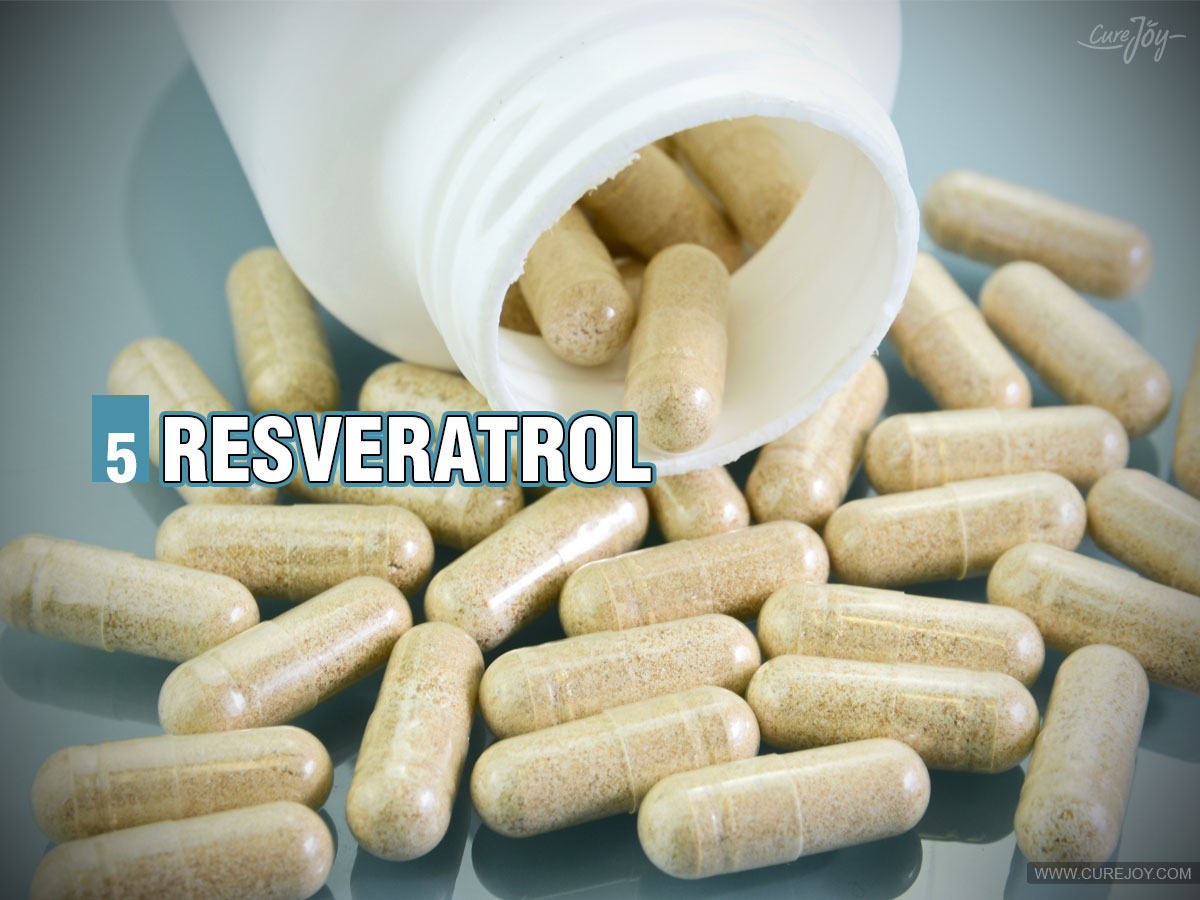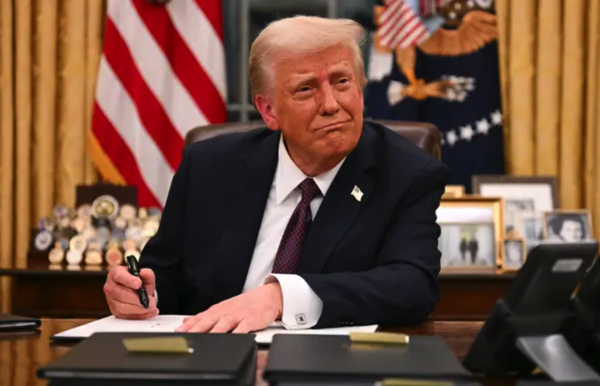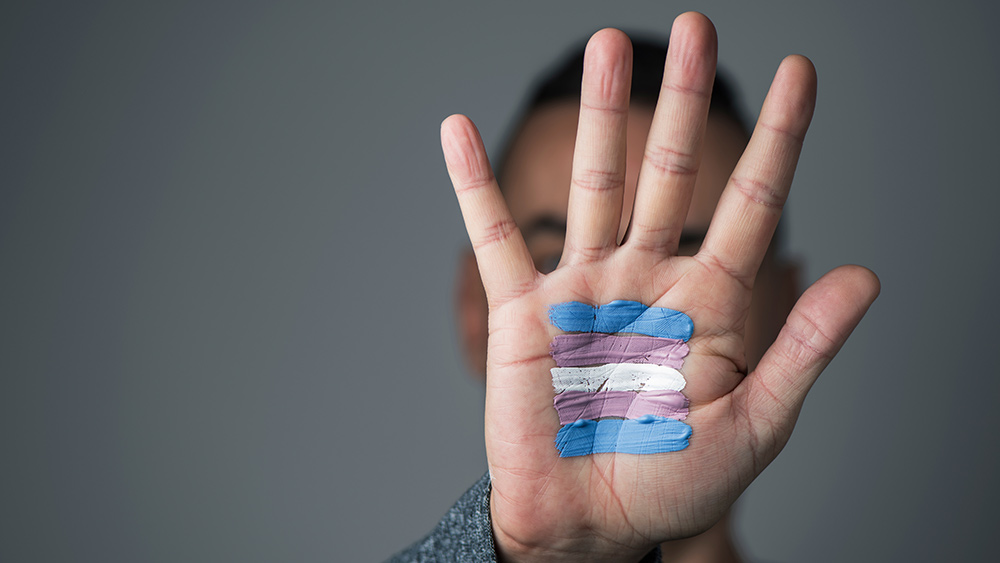
History will remember this era as the moment when America’s most sacred principles collided with unprecedented institutional power – and lost. The systematic dismantling of fundamental rights didn’t happen through military force or executive decree, but through the quiet cooperation of tech platforms, media gatekeepers, and government agencies, all claiming to protect us from “misinformation.”
(Article by Josh Stylman and Jeffrey A. Tucker republished from Brownstone.org)
Meta’s sudden dismantling of its fact-checking program – announced by Zuckerberg as a “cultural tipping point towards prioritizing speech” – reads like a quiet footnote to what history may record as one of the most staggering violations of fundamental rights in recent memory. After eight years of increasingly aggressive content moderation, including nearly 100 fact-checking organizations operating in over 60 languages, Meta is now pivoting to a community-driven system similar to X’s model. In his announcement, Zuckerberg first suggests that the censorship was purely a technical mistake, and then changes his tune near the end and admits what has long been litigated: “The only way that we can push back on this global trend is with the support of the US government. And that’s why it’s been so difficult over the past 4 years when even the US government has pushed for censorship. By going after us and other American companies, it has emboldened other governments to go even further.” In many court cases costing millions, involving vast FOIA requests, depositions, and discoveries, the truth of this has been documented in 100,000 pages of evidence. The Murthy v. Missouri case alone uncovered substantial communications through FOIA and depositions, revealing the depth of government coordination with social media platforms. The Supreme Court considered it all but several justices simply could not comprehend the substance and scale, and thus reversed a lower court injunction to stop it all. Now we have Zuckerberg openly admitting precisely what was in dispute: the US government’s involvement in aggressive violation of the First Amendment. This should, at least, make it easier to find redress as the cases proceed. Still, it is frustrating. Tens of millions have been spent to prove what he could have admitted years ago. But back then, the censors were still in charge, and Facebook was guarding its relationship with the powers that be. The timing of the shift is telling: a Trump ally joining the board, Meta’s president of global affairs being replaced by a prominent Republican, and a new administration preparing to take control. But while Zuckerberg frames this as a return to free speech principles, the damage of their experiment in mass censorship can’t be undone with a simple policy change. The irony runs deep: private companies claiming independence while acting as extensions of state power. Consider our own experience: posting Mussolini’s definition of fascism as “the merger of state and corporate power” – only to have Meta remove it as “misinformation.” This wasn’t just censorship; it was meta-censorship – silencing discussion about the very mechanisms of control being deployed. While tech platforms maintained the facade of private enterprise, their synchronized actions with government agencies revealed a more troubling reality: the emergence of exactly the kind of state-corporate fusion they were trying to prevent us from discussing.
Hey, everyone. I wanna talk about something important today because it’s time to get back to our roots around free expression on Facebook and Instagram. I started building social media to give people a voice. I gave a speech at Georgetown 5 years ago about the importance of protecting free expression, and I still believe this today. But a lot has happened over the last several years. There’s been widespread debate about potential harms from online content, governments and legacy media have pushed to censor more and more. A lot of this is clearly political, but there’s also a lot of legitimately bad stuff out there. Drugs, terrorism, child exploitation. These are things that we take very seriously and I wanna make sure that we handle responsibly. So we built a lot of complex systems to moderate content, but the problem with complex systems is they make mistakes. Even if they accidentally censor just 1% of posts, that’s millions of people. And we’ve reached a point where it’s just too many mistakes and too much censorship. The recent elections also feel like a cultural tipping point towards once again prioritizing speech. So we’re gonna get back to our roots and focus on reducing mistakes, simplifying our policies, and restoring free expression on our platforms. More specifically, here’s what we’re gonna do. First, we’re gonna get rid of fact-checkers and replace them with community notes similar to X starting in the US. After Trump first got elected in 2016, the legacy media wrote nonstop about how misinformation was a threat to democracy. We tried in good faith to address those concerns without becoming the arbiters of truth, but the fact-checkers have just been too politically biased and have destroyed more trust than they’ve created, especially in the US. So over the next couple of months, we’re gonna phase in a more comprehensive community note system. Second, we’re gonna simplify our content policies and get rid of a bunch of restrictions on topics like immigration and gender that are just out of touch with mainstream discourse. What started as a movement to be more inclusive has increasingly been used to shut down opinions and shut out people with different ideas, and it’s gone too far. So I wanna make sure that people can share their beliefs and experiences on our platforms. Third, we’re changing how we enforce our policies to reduce the mistakes that account for the vast majority of censorship on our platforms. We used to have filters that scanned for any policy violation. Now we’re gonna focus those filters on tackling illegal and high severity violations. And for lower severity violations, we’re going to rely on someone reporting an issue before we take action. The problem is that the filters make mistakes and they take down a lot of content that they shouldn’t. So by dialing them back, we’re gonna dramatically reduce the amount of censorship on our platforms. We’re also going to tune our content filters to require much higher confidence before taking down content. The reality is that this is a trade-off. It means we’re gonna catch less bad stuff, but we’ll also reduce the number of innocent people’s posts and accounts that we accidentally take down. Fourth, we’re bringing back civic content. For a while, the community asked to see less politics because it was making people stressed. So we stopped recommending these posts, but it feels like we’re in a new era now and we’re starting to get feedback that people want to see this content again. So we’re gonna start phasing this back into Facebook, Instagram and Threads while working to keep the communities friendly and positive. Fifth, Fifth, we’re gonna move our trust and safety and content moderation teams out of California and our US-based content review is going to be based in Texas. As we work to promote free expression, I think that will help us build trust to do this work in places where there is less concern about the bias of our teams. Finally, we’re gonna work with President Trump to push back on governments around the world that are going after American companies and pushing to censor more. The US has the strongest constitutional protections for free expression in the world. Europe has an ever increasing number of laws institutionalizing censorship and making it difficult to build anything innovative there. Latin American countries have secret courts that can order companies to quietly take things down. China has censored our apps from even working in the country. The only way that we can push back on this global trend is with the support of the US government. And that’s why it’s been so difficult over the past 4 years when even the US government has pushed for censorship. By going after us and other American companies, it has emboldened other governments to go even further. But now we have the opportunity to restore free expression, and I am excited to take it. It’ll take time to get this right. And these are complex systems. They’re never gonna be perfect. There’s also a lot of illegal stuff that we still need to work very hard to remove. But the bottom line is that after years of having our content moderation work focused primarily on removing content, it is time to focus on reducing mistakes, simplifying our systems, and getting back to our roots about giving people voice. I’m looking forward to this next chapter. Stay good out there and more to come soon.”Read more at: Brownstone.org
Lessons from the Los Angeles fires
By News Editors // Share
Democrat officials redirect California wildfire relief funds to personal PACs
By Belle Carter // Share
Biden signs executive order expanding use of digital IDs in application process for public benefits
By Laura Harris // Share
China unveils world’s first MILITARY-PROOF 5G system to power 10,000 battlefield robots
By Kevin Hughes // Share
At risk of stroke or a stroke survivor? Try coconut oil
By News Editors // Share
TikTok challenges U.S. law: A battle over national security and free speech
By Ava Grace // Share
Trump administration scraps Kerry’s climate office, citing ideological overreach
By willowt // Share
Major tech and manufacturing giants ramp up U.S. investments amid push for domestic production
By lauraharris // Share
Texas launches its own state agency modeled after Elon Musk's DOGE
By lauraharris // Share
Supreme Court leans toward parents in LGBTQ curriculum dispute
By lauraharris // Share

